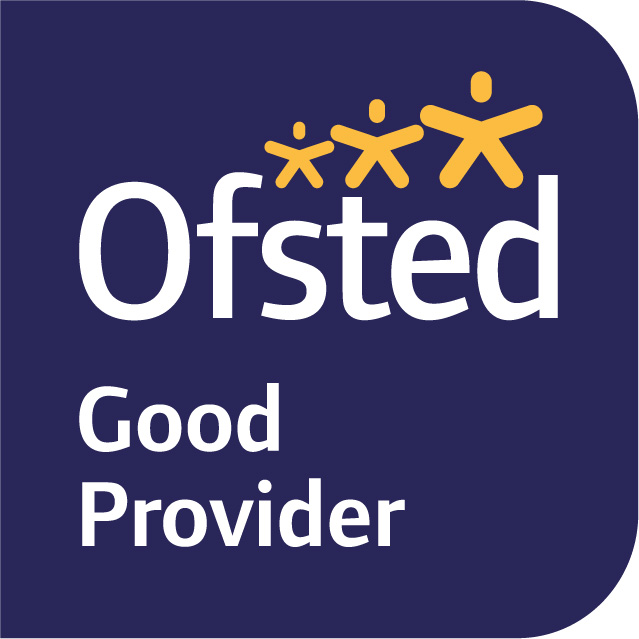what are they?
T Levels are new FE courses, the equivalent of 3 A levels. These 2-year courses have been developed in collaboration with employers and businesses ensuring content meets the needs of industry and prepares students for work, further training or study.
Lasting two years, T Levels offer students a mixture of classroom learning and ‘on-the-job’ experience during an industry placement of at least 315 hours (approximately 45 days).
When they will start
The first three T Levels were launched in September 2020, with more added each year up to September 2023. Here at Buxton & Leek College T Levels will be introduced in September 2022, in the subjects of Education, Health and Digital. T Level offerings
How T Levels will work with other qualifications
T Levels will become one of the main choices for students after GCSEs, alongside:
- apprenticeships for students who wish to learn a specific occupation ‘on the job’
- A levels for students who wish to specifically continue academic education.
- BTEC National Diplomas for students who want the option of going into work with practical skills or alternatively continuing academic education.
How T Levels have been developed
T Levels have been introduced as part of a government review for post-GCSE qualifications, that aims to create a simpler, high-quality system that students, parents and employers will all understand.
Employers and providers have been working together to develop each T Level, with support from DfE and the Institute. Groups of employers have defined the skills and requirements for each T Level, ensuring that students taking T Levels will develop the technical knowledge and skills required by employers in that industry.
Structure of a T Level
T Level courses include the following compulsory elements:
- a technical qualification, which includes: core theory, concepts and skills for an industry area
- specialist skills and knowledge for an occupation or career
- an industry placement with an employer
- a minimum standard in maths and English if students have not already achieved them.
Industry placements
Every T Level includes an industry placement with an employer focused on developing the practical and technical skills required for the occupation. These will last a minimum of 315 hours (approximately 45 days) but can last longer. Employers can offer industry placements as a block, day release or a mix of these, and can discuss sharing part of the placement with another employer if necessary.
Grading and Certification
Students who complete their T Level will receive an overall grade of pass, merit, distinction or distinction*. They will get a nationally recognised certificate which will show their overall grade and a breakdown of what they have achieved.
The T Level certificate will include:
- an overall grade for the T Level, shown as pass, merit, distinction or distinction*
- a separate grade for the core component, using A* to E
- a separate grade for each occupational specialism, shown as pass, merit or distinction
It will also include confirmation that the student has:
- met the minimum requirements for maths and English qualifications
- completed the industry placement
- met any additional mandatory requirements
A student’s overall T Level grade will be worked out from the grades they achieved on the core component and the occupational specialism(s).
Students who do not pass all elements of their T Level will get a T Level statement of achievement which will show the elements they have completed.







